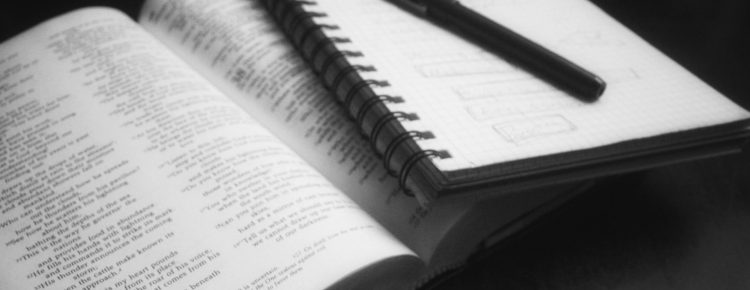The fiasco over using algorithms rather than people to determine exam results has made the future prospects of thousands of young people more uncertain. This is but one example of the growing reach of the digital revolution, where big tech companies know more and more about us and where decisions that affect all of our lives are made by computers rather than by people.
As we get used to CCTV cameras everywhere, with ever-more sophisticated facial recognition software, we are often told, ‘Those who have nothing to hide have nothing to fear.’ Is this so? At one level Christians should be in a better place to cope with no privacy than others, if we are living lives of integrity. Jesus warned that, ‘Nothing is hidden that will not be disclosed, nor is anything secret that will not become known and come to light.’ (Matthew 8.17)
The psalmist writes that God knows us better than we can know ourselves: ‘You search out my path and my lying down, and are acquainted with all my ways. Even before a word is on my tongue, O Lord, you know it completely.’ (Psalm 139.3-4) Being known by God carries no fear, because in God I am perfectly known, warts and all, and at the same time I am perfectly loved.
But having so much about me known by tech companies, who are motivated by profit rather than by love, and use that knowledge to make predictions and judgments about my likely behaviour which may be wrong, is something to fear. Artificial intelligence can never know me perfectly, because its algorithms are written by flawed human beings, and AI can never love me perfectly.
We should also fear the biases against people of colour and the poor often unwittingly built into the system. And even if the predictions are mostly right, they are only on the basis of probabilities; algorithms will inevitably get things wrong about specific individuals, as we have seen this week.
Some Christians react against technology and everything that feels like George Orwell’s creation Big Brother. However we need to resist the temptation to be ‘Christians against progress’, as if every new invention is somehow of the evil one. We also need to listen to the voice of younger generations in our churches, who are digital natives, and are more aware of the dangers as well as the benefits of IT, and often much more savvy than their parents. Ten years ago parents were worrying about what their children were posting on the internet – these days children are worrying about what their parents are posting on the internet!
Historically we know that people’s lives have been subject to powerful forms of social control in every age – for example in the 19th century cotton towns – where the millowners (some of whom had deep Christian faith and paternalist motivations) built the mill, rented the houses to the workers, built the parish church, and even invested in the rise of Fylde coast resorts, so that their influence pervaded every aspect of life.
However as Christians we do need to speak up for those whose lives and life chances are being damaged in the digital revolution. The advance of technology may be unstoppable, but that does not mean it has to be unregulated. Knowledge is power, and if we want to live lives free from fear then we need to make sure that too much knowledge does not end up in the hands of a very small number of companies who are not accountable.
We need to campaign for legislative change in Parliament – regulation is as much needed in the digital revolution as it was in the industrial revolution. We also need to pray for our young people whose education has been so disrupted by the pandemic, praying for wisdom for universities in allocating limited places. Last and most important, let us redeem the culture – rather than bemoaning the digital revolution, let’s find new creative ways to harness it and use it for good, as many churches have been during the lockdown.
The Venerable Mark Ireland
Archdeacon of Blackburn

